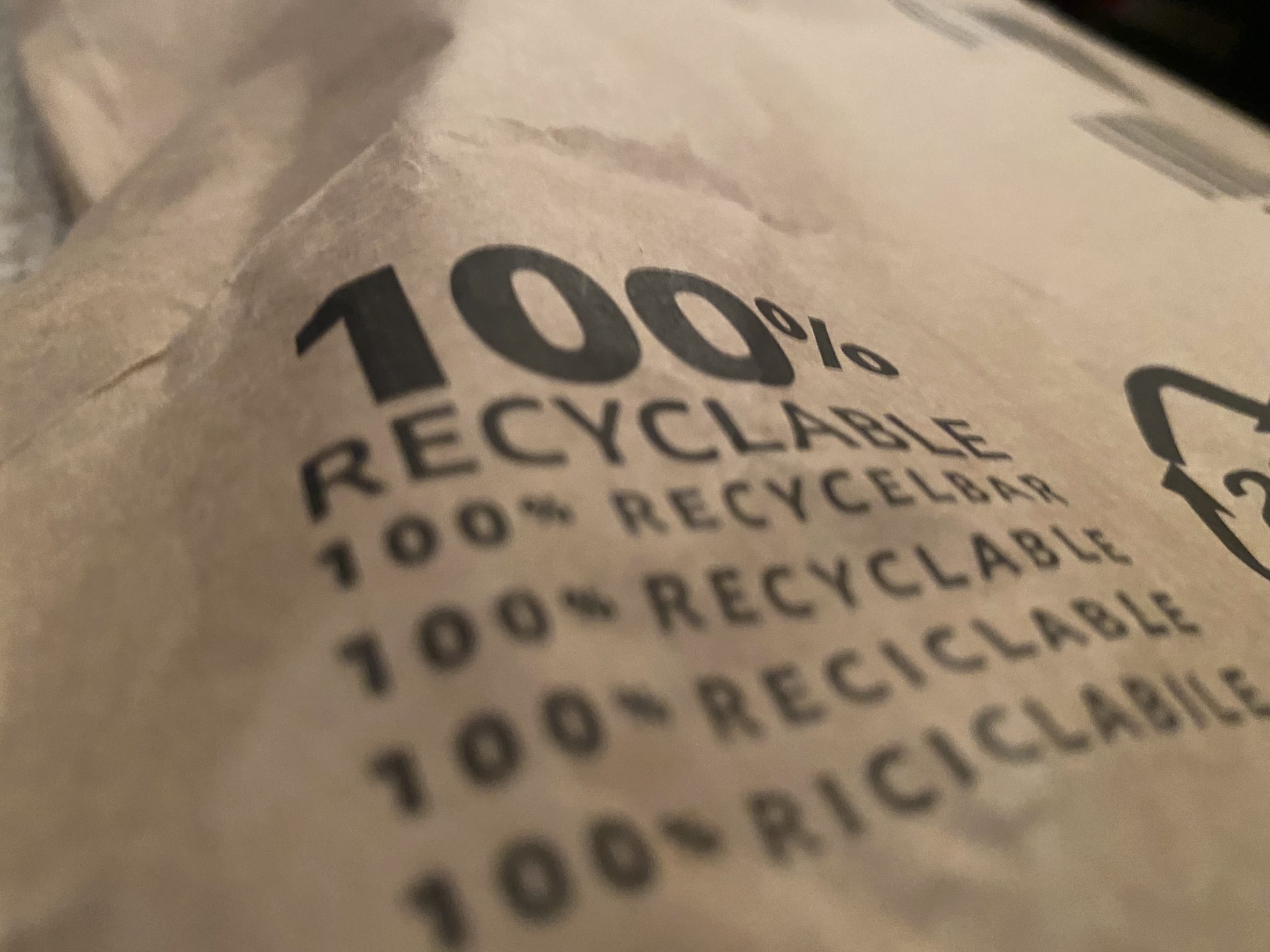Some 90% of businesses’ sustainable packaging commitments to use 100% reusable, recyclable or compostable materials by 2025 won’t be met due to the reliance on plastics, according to research and analyst group Gartner.
Ongoing reliance on plastic and single-use packaging requires organisations to adjust their strategies, said Gartner, especially with sustainable packaging legislation on the horizon in different parts of the world including the US and UK.
Several regions are already implementing or planning to introduce Extended Producer Responsibility (EPR) legislation that will either ban or penalise single-use packaging. In 2021, US states Maine and Oregon passed the country’s first EPR legislation, while the UK is introducing a new tax on plastic packaging in 2022.
Gartner said one route to a more sustainable packaging landscape among businesses is to incentivise consumers to embrace reusable packaging and develop in-store refill models with retailers for goods such as pet food, laundry detergent and beverages.
This is happening on a small but increasing scale across UK retail, for example at Tesco and Asda – with supermarkets realising the influence they can have on social-environmental change by introducing these options into stores. It represents a minor percentage of overall packaging use at present, but participating retailers say the initial consumer demand for refillables has been positive.
According to Gartner, organisations could also come together and scale innovative recycling methods and packaging solutions, for example by collaborating via industry associations.
John Blake, senior director analyst with the Gartner supply chain practice, said. “Most kinds of plastics are not broadly recyclable, and even if they were – the recycling infrastructure and the aftermarket for recycled materials are far from mature.
“Therefore, the overwhelming amount of packaging today is not technically recyclable or is not widely recycled in practice.”
He added: “This challenge can also be a driver of upstream innovation. Supply chain leaders can work with their peers to create a pipeline of new products and business models that don’t rely on plastics or single-use packaging.
“They should challenge their suppliers to commit to producing sustainable packaging material, therefore increasing the organisation’s access to recycled or multi-use materials.”
[Image credit: Green Retail World]







